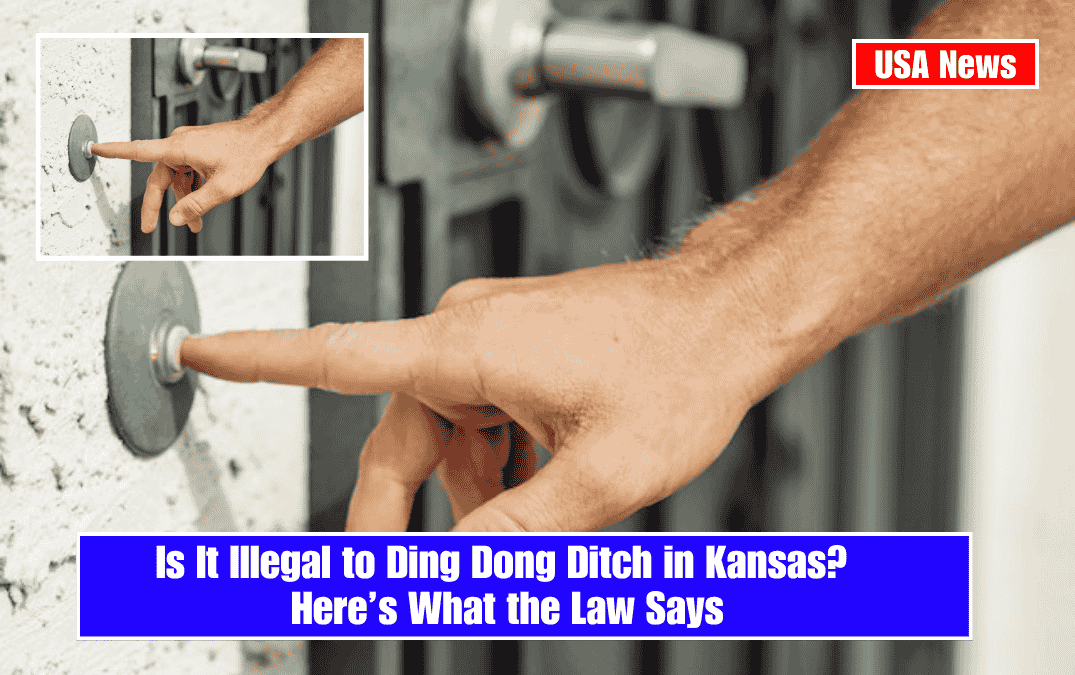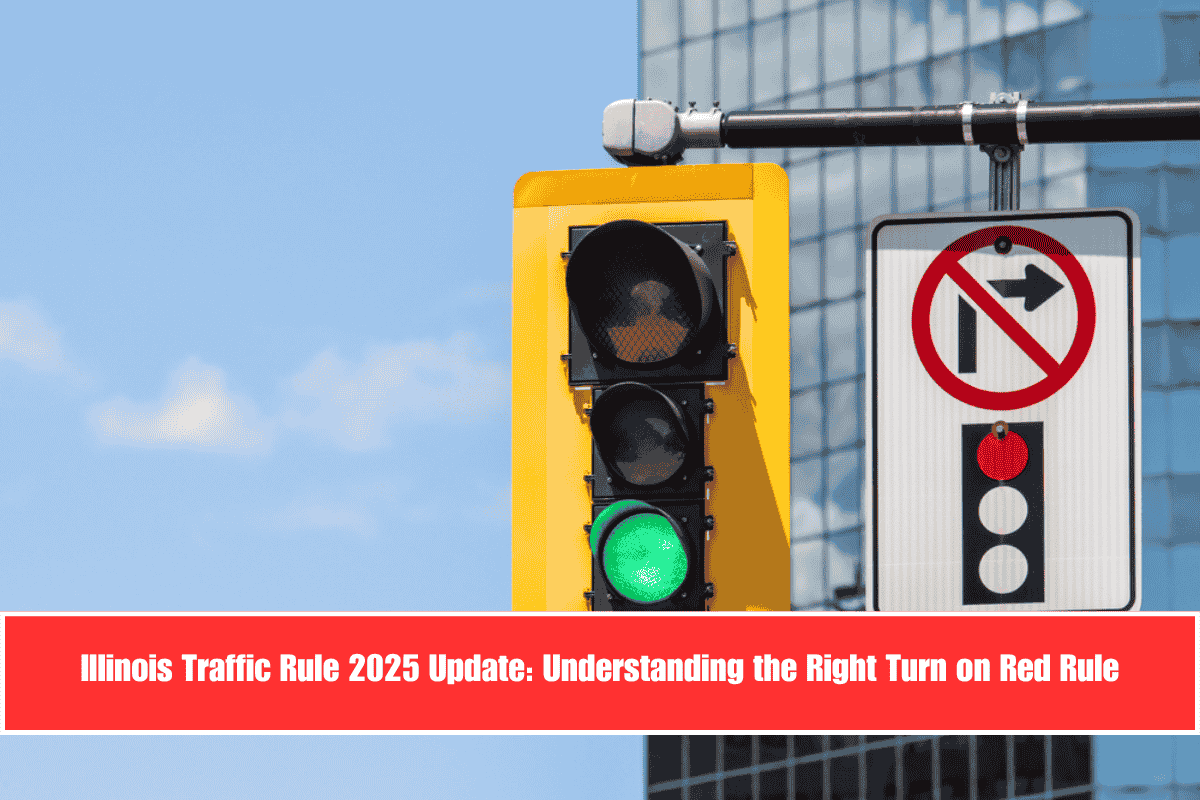Ding dong ditch—the act of ringing someone’s doorbell and running away before they answer—may seem like a harmless childhood prank. However, in Kansas, this activity can cross into illegal territory depending on the circumstances and local laws. Here’s a comprehensive look at what Kansas law says about ding dong ditching, potential consequences, and the factors that determine its legality.
Kansas Law: Trespassing and Ding Dong Ditch
Ding dong ditching often involves stepping onto someone’s private property without permission. In Kansas, this can be considered criminal trespass. According to state law, criminal trespass occurs when a person “enters or remains upon or in any land, structure, vehicle, aircraft, or watercraft” knowing they are not authorized or privileged to do so.
Key elements of criminal trespass in Kansas include:
- Entering or remaining on private property without permission.
- Ignoring signs, fences, or direct communication from the property owner prohibiting entry.
- Remaining after being asked to leave by the owner or an authorized person.
If someone rings a doorbell and immediately leaves, it may be a gray area, but if the property is clearly marked with “No Trespassing” signs, is fenced, or if the prankster has previously been told to stay away, the act can be prosecuted as trespassing.
Disturbing the Peace and Harassment
While a single instance of ding dong ditching is typically seen as a nuisance, repeated or late-night pranks can escalate to disturbing the peace or even harassment. If the behavior causes significant annoyance or alarm to residents, law enforcement may intervene and issue warnings or citations. Persistent pranking, especially with malicious intent, can lead to more serious charges.
Intent matters: If the prank is meant to intimidate, harass, or frighten someone—particularly vulnerable individuals like the elderly—legal consequences become more likely.
Potential Legal Consequences
Depending on the situation, those caught ding dong ditching in Kansas could face:
- Criminal trespass charges (typically a Class B misdemeanor), which can result in fines, probation, or even jail time for repeated or aggravated offenses.
- Disorderly conduct or disturbing the peace charges, especially if the prank is repeated or causes significant disruption.
- Harassment or vandalism charges if the prank escalates to property damage or targeted intimidation1.
A criminal record, even for a misdemeanor, can have lasting effects on employment, education, and housing opportunities.
Local Ordinances and Enforcement
Some Kansas cities may have their own ordinances addressing trespassing, nuisance behavior, or curfew violations. For example, Overland Park’s municipal code closely mirrors state law, treating unauthorized entry onto private property as criminal trespass, punishable by up to 180 days in jail for Class B violations.
Real-World Examples
- Minor nuisance: A group of teens rings a doorbell and runs off without causing damage or returning. Typically, police may issue a warning if called.
- Escalation: If the same group repeatedly targets a home, especially at night, police may cite them for disturbing the peace or trespassing.
- Malicious intent: If the prank is part of a campaign to harass or frighten a resident, especially a vulnerable one, charges can escalate to harassment or even criminal prosecution.
Summary Table: Ding Dong Ditching in Kansas
| Scenario | Possible Legal Consequence |
|---|---|
| One-time, no damage, no prior warning | Likely a warning or no action |
| Repeated or late-night pranks | Disturbing the peace, possible citation |
| Ignoring “No Trespassing” signs or orders | Criminal trespass (Class B misdemeanor) |
| Malicious or targeted harassment | Harassment, possible criminal charges |
| Property damage during prank | Vandalism, criminal charges |
Ding dong ditching is not explicitly illegal in Kansas, but it can quickly become a criminal matter if it involves trespassing, harassment, or disturbing the peace. The law’s response depends on the circumstances, intent, and any resulting harm.
What starts as a prank can have serious legal consequences, especially if repeated or escalated. Pranksters should be aware of the risks and respect private property and their neighbors’ peace to avoid trouble with the law.
SOURCES:-
[1] https://www.legalreach.com/blog/is-ding-dong-ditching-illegal-it%E2%80%99s-more-serious-than-you-might-think
[2] https://riveralawoffice.com/criminal-defense/criminal-trespass/
[3] https://www.youtube.com/watch?v=S4ksT6lvfGc
[4] https://www.rothdavies.com/criminal-defense/municipal-court-cases/overland-park-municipal-court/what-current-criminal-trespass-law-overland-park-kansas/
[5] https://www.pumphreylawfirm.com/blog/is-ding-dong-ditching-as-harmless-as-pranksters-think/









